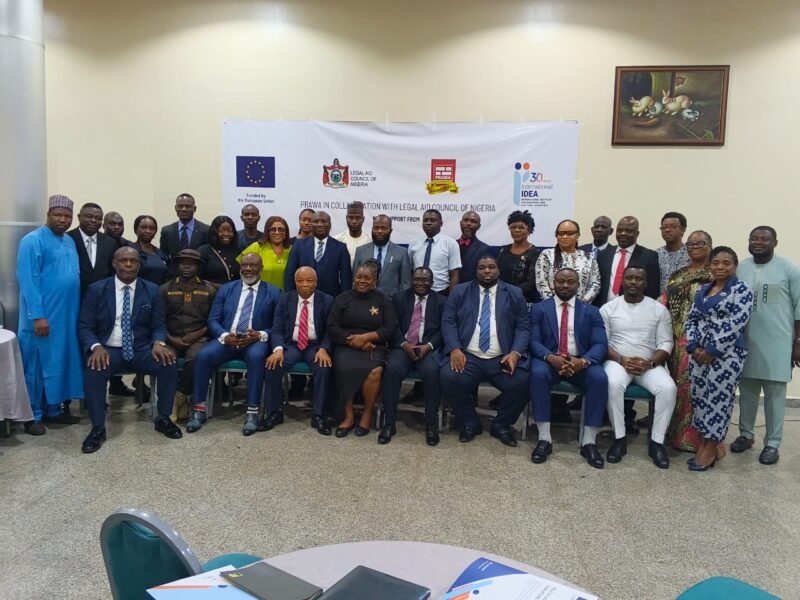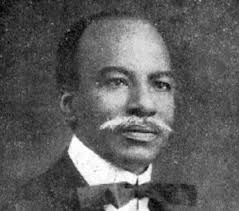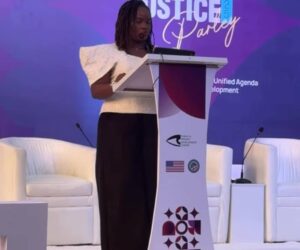By Ibironke Ariyo
The Prisoners’ Rehabilitation and Welfare Action (PRAWA) and the Rule of Law and Anti-Corruption (RoLAC) have called for collaboration to improve access to justice and legal services for vulnerable populations.
Speaking during a validation workshop in Abuja, Dr Uju Agomoh, the Executive Director of PRAWA, presented an overview of the 2017–2022 National Legal Aid Strategy.
The News Agency of Nigeria (NAN) reports that the review and validation workshop assessed the 2017–2022 strategy’s performance, identified gaps and proposed improvements for the draft 2026–2030 strategy frameworks.
The workshop is funded by the European Union and is being implemented by the International Institute for Democracy and Electoral Assistance (IDEA).
Agomoh, who is an Associate Professor of Criminology and Security Studies at Chrisland University, emphasised the need to build a more inclusive and accessible justice system, particularly for indigent Nigerians.
“What is needed now is how to improve the 2026–2030 document.
“We all made mistakes, but how do we get the document actionable, trackable and workable,” she said.
Agomoh called for broader collaboration across justice institutions, Civil Society Organisations (CSOs) and international partners to ensure the next strategy was both impactful and sustainable.
Speaking during the technical session on the performance appraisal of the outgoing strategy, State Coordinator, Abia State Legal Aid Council, Obinna Odenigbo, delivered an in-depth assessment of the strategy from the perspective of state-level implementation.
Odenigbo, who facilitated discussions on key achievements, persisting challenges and critical lessons learned over the past five years, highlighted both progress and persistent structural gaps in legal aid delivery.
According to the Legal Aid Council of Nigeria (LACoN), major challenges of the 2017–2022 strategy includes inadequate budgetary provision, shortage of manpower, poor visibility and low public awareness.
“Launched in 2017, the National Legal Aid Strategy was a five-year roadmap developed to strengthen Nigeria’s legal aid framework, improve access to justice and promote the rule of law.
“It was designed and implemented with support from international partners, most notably the European Union and the United Nations Office on Drugs and Crime (UNODC).
“Key objectives of the 2017–2022 strategy included strengthening the institutional capacity of the Legal Aid Council (LAC); enhancing training for staff and potentially increasing staffing levels.
“Other objectives were promoting cooperation among justice sector actors which include the police, prosecutors and courts to reduce systemic delays.
“It also was to reduce pre-trial detention and custodial congestion by ensuring better legal representation for detainees.”
Also speaking, Mr Mohammad Kofa, Coordinator of Legal Aid in Kano State, also identified procedural delays and bureaucracy as impediments to effective implementation.
Stakeholders at the workshop comprised representatives from the Nigerian Bar Association (NBA), correctional centres, the Nigeria Police and senior lawyers, who agreed on the urgent need for a new national legal aid framework that builds on lessons from the past strategy.
NAN reports that a formal report of the review is expected to be released in the coming weeks and could form the basis for the 2023–2027 Legal Aid Strategy. (NAN) (www.nannews.ng)
Edited by Sadiya Hamza







